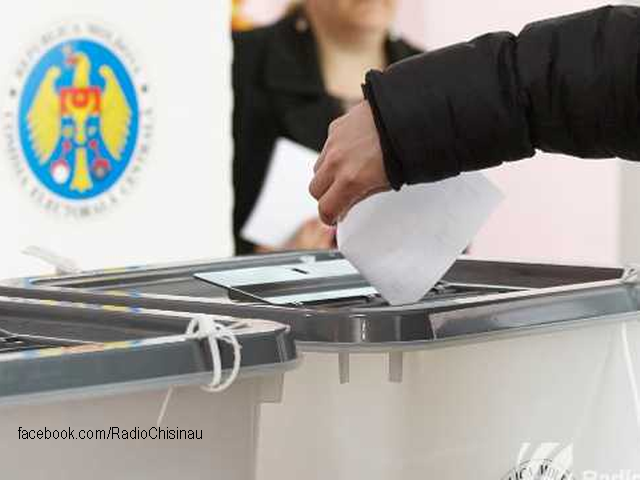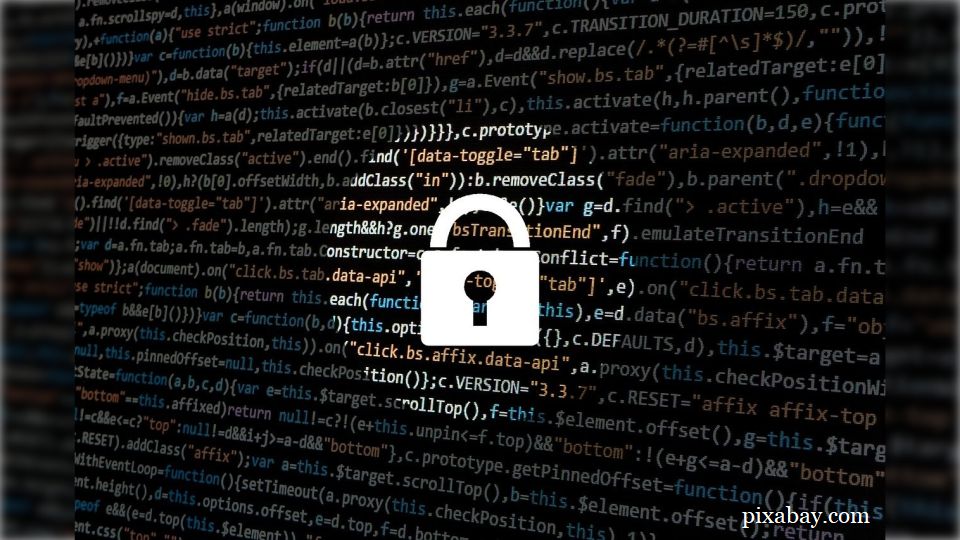The Republic of Moldova, between East and West
Slated for November last year, the Moldovan Parliament election was rescheduled for February 24, 2019. The reason was a change in the election system that needs time to ensure the proper organization of the ballot. It is a mixed election system, criticized by the international community and the opposition in Chisinau. According to the new regulations, 50 of the 101 MPs will be elected on party lists and the other 51 in single-member constituencies. Those who criticize the system say it is rigid, overly complicated and ambiguous.

Corina Cristea, 15.02.2019, 13:04
Slated for November last year, the Moldovan Parliament election was rescheduled for February 24, 2019. The reason was a change in the election system that needs time to ensure the proper organization of the ballot. It is a mixed election system, criticized by the international community and the opposition in Chisinau. According to the new regulations, 50 of the 101 MPs will be elected on party lists and the other 51 in single-member constituencies. Those who criticize the system say it is rigid, overly complicated and ambiguous.
There are currently three parties that hold the highest chances of winning the vote: the left-wing Socialist Party, supported by pro-Russian President Igor Dodon, the ACUM electoral alliance, led by Maia Sandu and Andrei Nastase’s Democracy and Truth Platform, and finally, the Democratic Party currently in power, which is purportedly pro-European, although many of its actions have been deemed anti-democratic, leading to a deterioration of relations with the European Union. Vladimir Plahotniuc, the leader of the Democratic Party, has recently advocated what he calls a fourth solution for the Republic of Moldova, namely choosing neither the East or the West, refusing the union with Romania and opting for a pro-Moldovan path.
Dan Dungaciu, the Director of the Institute for Political Sciences and International Relations of the Romanian Academy told Radio Romania more about the political outlook of Moldova after the legislative election: “There’s always been a stake in the Moldovan Parliament election, which has stayed the same ever since the country declared its independence, namely, that the election is not just political, but also geopolitical. Parties themselves are not political, they are geopolitical. There’s always been this pressing tension regarding Moldova’s indecision in choosing between East and West, not just during an election cycle, because we’ve seen the country swaying between East and West every time, sometimes during the term of a single president. Major Moldovan politicians won their terms based on a pro-European campaign and then went on to win a second term with pro-Russian election promises. From that point of view, we are seeing the same ambiguous position. And of course, it feels that the next election will definitely be more important than the previous”.
Usually, left-of-center parties have been strong parties, able to win majority, Dan Dungaciu also says. This time, we will see a fragmentation, as there will be no bloc or party able to form a majority by itself. At least this is what opinion polls tell us. We will surely have either coalition or early elections, Dan Dungaciu believes. What should Romania do or what should it pay attention to in relation to the elections in the Republic of Moldova? Dan Dungaciu explains: “Romania is the president of the Council of the EU in a very complicated context. Unfortunately, the Republic of Moldova has at present a more negative image in Brussels than it had with Voronin at helm. At present, Moldovan officials are no longer received in Brussels as the doors are no longer open for them either there or in the United States, in spite of their saying the opposite in Chisinau. Moldova’s image in Brussels has never been more negative. This complicates Romania’s position even more, because Romania, following some less inspired political decisions, supported the Republic of Moldova even when Brussels sanctioned the country and cut its financing. Funds are blocked for the Republic of Moldova until the test of the parliamentary election that should unfold impeccably. From this perspective Romania must be firm in conveying the message that the political battle, the parliamentary battle, must be carried out in a fair manner. If Romania, from its high position as President of the Council of the EU, takes the risk of introducing on the agenda the issue of the Eastern Partnership, an issue that Brussels is tired of, and does that without making sure that developments in Moldova are at least decent, risks both its destiny and credibility in Europe.”
On the same day with the parliamentary election, a referendum will be held on decreasing the number of parliament members from 101 to 61 and on granting citizens the right to revoke them. This approach is seen by many as populist and serving the interests of the current power, which thus wanted to put on hold any debate related to language or the country’s EU integration.






























